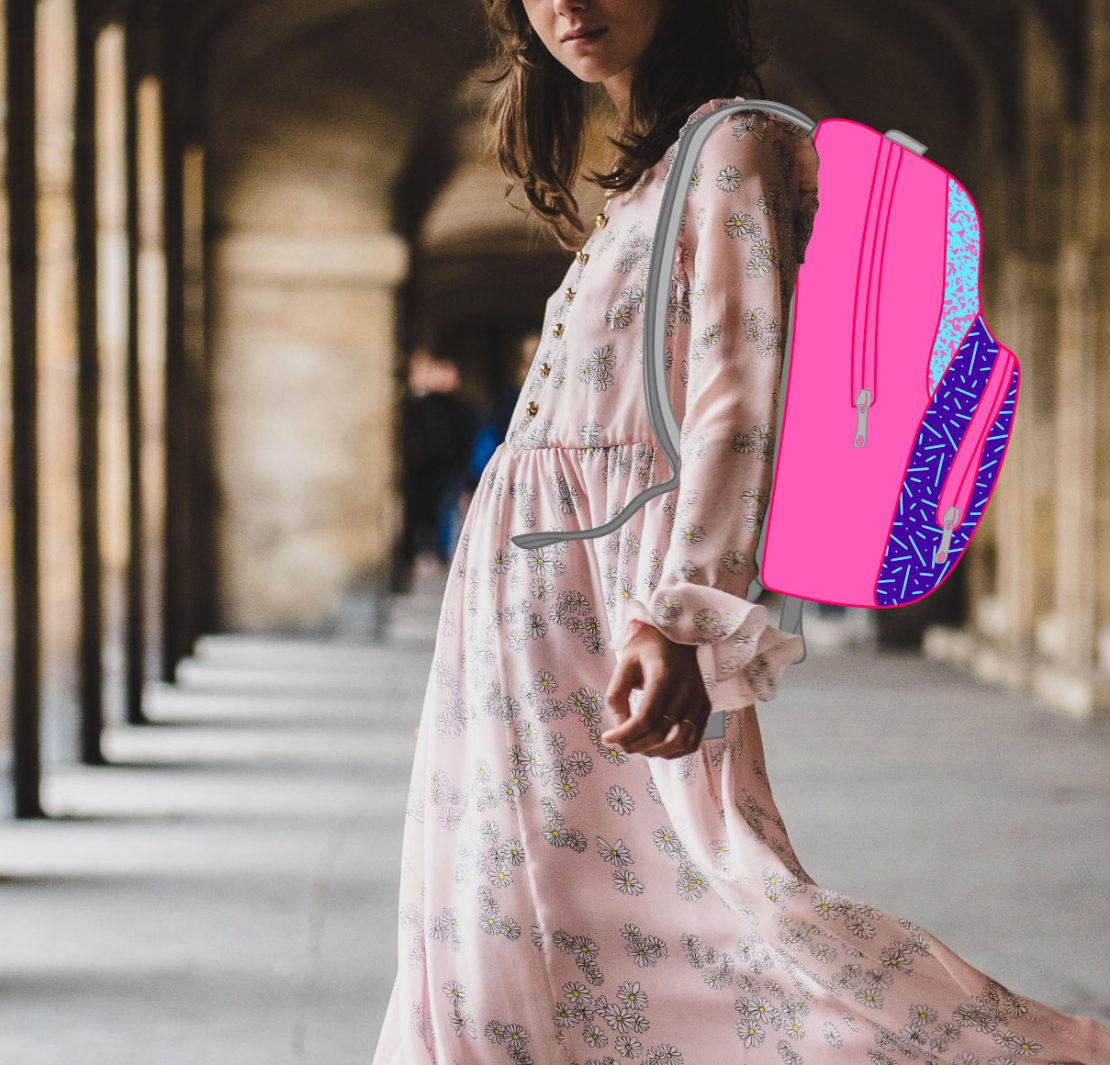We chatted to a recent Sydney University social work graduate about her course.
Name: Charlotte ATAR: 88.9 Course: Social Work at the University of Sydney
Why did you choose social work?
I didn’t even know it existed until my final year of school. The career advisor mentioned that there was a social work information session at a hospital. I went to that session and from then on I knew it was what I wanted to do.
I have always been passionate about social justice. I was the social justice prefect at school, where I worked with organisations and raised awareness about issues with my team. I wanted to do something similar. I was keen to help people and society, so when I heard about social work I knew it was the perfect option.
What was the dropout rate like in your first year?
Honestly, it was very low. I don’t think many people did drop out!
Was your course what you thought it was going to be?
It was, but it was also so much more. The degree has taught me to be a critical thinker, which is what I’ve really loved about it. I did the double degree option at the University of Sydney (a Bachelor of Arts as well as a Bachelor of Social Work). Some students just did the Bachelor of Social Work.
How did you like your placements?
My first social work placement was incredible – I was doing hospital social work in a mental health ward.
I really got a feel for the profession, and how it works alongside other professions in the space.
I didn’t enjoy my second placement as much – there were no social workers in the organisation and I didn’t get to practice my social work skills as much. Though, if this is the case the university provides you with an external social work supervisor; and luckily got to learn from an amazing social worker.
Was there a good balance between practical and theoretical knowledge?
I will say that the syllabus is very theoretical.
I enjoyed that personally, but I know other students who would have preferred more practical knowledge. It’s expected that you learn the more practical skills on placement, which is where you really get to practice (for over 7 months all up), but that’s very dependent on the placements you get.
Best and worst part of your degree?
The best part has been learning theories and expanding my critical mind, as well as meeting incredible social workers that I really look up to through university and placements. Also everyone in my degree was so lovely – I’ve made a lot of lifelong friends from it.
The worst part would be the long placements – a three month and a four month one, full-time.
It’s a part of the Australian Association of Social Work requirements, so you’ll have to do it to get the qualification. It’s exhausting, but also those placements will be where you do a significant amount of your learning and professional development.
What are your footnotes?
The first few years will be slow, to help you build your critical thinking and understanding of the social world. The last few years will be when it really becomes very specific to social work. So you have to be patient before you can really jump into it. I also wish I could’ve told myself to save money for my placements for the first few years – because balancing a job and placement is really tough!
Do you want to hear more about social work?
Read: Why I chose social work and what I do daily
Read: A day in the life of someone working inside the world of addiction and rehab







